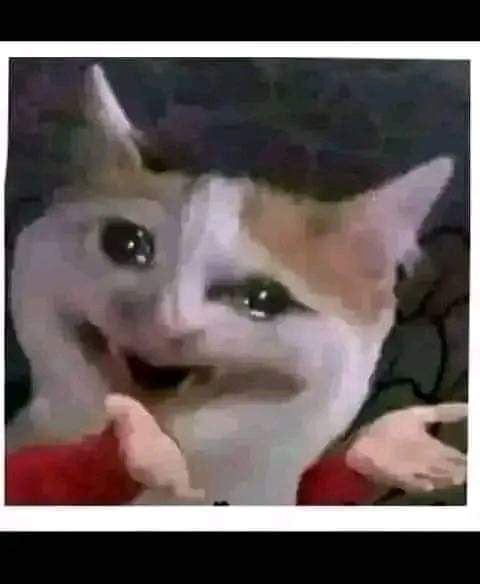Here are ten key lessons from the book:
1. Impact of Absence: The absence of a father can lead to profound feelings of loss and longing in daughters, affecting their self-esteem and identity.
2. Father Wounds: Daughters with absent fathers often carry emotional wounds that manifest in their adult relationships, making it difficult for them to trust and form secure attachments.
3. Idealization and Reality: The idealization of the absent father can create a "tomb of illusion," where daughters hold unrealistic expectations of their fathers and potential partners.
4. Mirroring Effect: The "dead father effect" highlights how the emotional absence of a father can affect a daughter's ability to see herself clearly, often leading to self-esteem issues.
5. Negative Father Complex: An absent father can contribute to a negative father complex, where daughters struggle with internalized negative beliefs about men and authority figures.
6. Archetypal Dynamics: The book explores how archetypal dynamics, such as the "bad dad" and "father desire," play out in the psyches of daughters, influencing their behavior and emotional well-being.
7. Authenticity: Understanding and processing these father wounds is crucial for daughters to become their authentic selves, breaking free from the shadows of their absent fathers.
8. Narcissistic Responses: Daughters may develop narcissistic defenses as a way to cope with the emotional pain of an absent father, often masking deeper vulnerabilities.
9. Healing through Therapy: Therapeutic interventions, including Jungian analysis, can help daughters confront and heal from their father wounds, enabling them to form healthier relationships.
10. Cultural and Collective Impacts: The book also discusses how the absence of fathers affects daughters not only personally but also within a broader cultural and collective context, emphasizing the need for societal awareness and change.
These insights are critical for understanding the complex dynamics between daughters and their absent fathers, and they offer pathways for healing and personal growth
BOOK:https://amzn.to/3y9Cfzz
You can also get FREE Audiobook using the same link use the link to register Audible and start enjoying it


